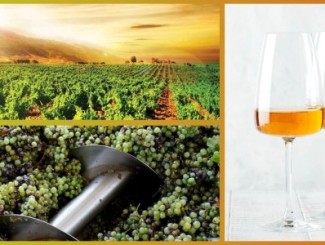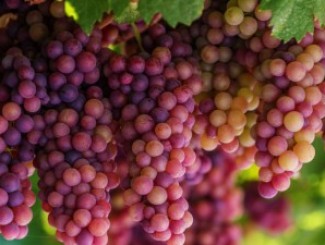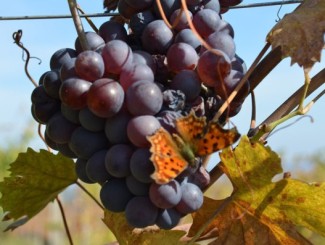
Is Orange a dense version of White or a light version of Red?
14.11.2023
Orange wine is a fascinating newly rediscovered category of wine that stands apart from the main styles of white and red. Many people believe that orange wine is made exclusively from white grape varieties, whereas, unlike classic white winemaking that typically involves separation of the must from the skins and seeds, this is made by ways of red winemaking, which is fermenting the juice together with the skins and sometimes even the seeds. This prolonged skin contact gives the wine its distinct amber colour and introduces a range of unique flavours and texture. However, the descriptor of the style refers only to the appearance of the wine and particularly its colour and therefore it is not limiting in relation to winemaking methods. As there is a variation in grape colours, particularly i...

Tatsis Goumenissa 2017
18.12.2022
Tatsis Goumenissa 2017 is one of the most substantial and characterful reds we listed in 2022. A noble wine from a noble family! And moreover, a PDO wine from one of the smallest and most remote wine regions of Greece, yet marking a centuries long viticultural and winemaking tradition that transcends through generations (and even locations) and guards history secrets and winemaking DNA traits - indeed, these exist! The Tatsis family moved to the area just after 1922, together with a good number of refugees from Eastern Romylia and Pontos and enriched the indigenous viticultural scene with new 'know-how' and practices. Currently led by brothers Stergios and Pericles, the winery produces wines solely from their own fruit, cultivated and certified according to the regulations of organic farmi...

If you are tired of life, then do not bother with Greek wine!
15.06.2021
It is a common remark of people that have travelled to Greece, how lovely everything had been during their stay, including the food and wine they had there. What is that makes such simple experiences as eating and drinking so memorable when in Greece?Surely the environment has an effect on both the product and the experiencing subject. With the understanding that each place has its own character, one will not fail to observe some truly unique elements of Greece’s landscape, which define also its climate and the diversity of life to be found there.The major part of Greece is on a slope and rather on hard, rocky subsoil, which is perfect for the vines. The ripening period is long, assisted by generous sun exposure, overall pleasant temperatures and large diurnal differences. The altitude, wh...

Indigenous Grapes of Greece A Journey through Diversity
11.10.2022
You probably know Greece as a travel destination. And rightly so. An incredible diversity of landscapes, abundant heartwarming sunshine, refreshing sea breezes, awakening smells, inviting food and most importantly a long thread of connection with an eloquent and often dramatic past, history in continuous evolving mode, all that have made up for a one-off place. Yet there is more to it, a surprising element that adds to this fascinating mosaic of a traveller’s experience. The wealth of living species, flora and fauna ecosystems in Greece are remarkable, making up for the most amazing natural biological laboratory! In particular, grape varieties in actual cultivation are quite possibly the most condensed per surface measure, not only numerically but also in terms of diverse origins. Hold you...

Discover more about the wine regions Zitsa, Nemea and Santorini in Greece!
11.10.2022
WSET School London, Webinar Recording


